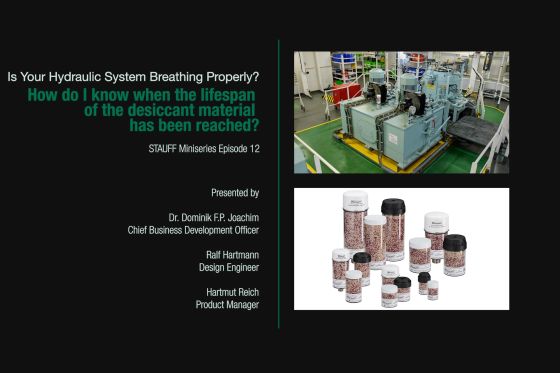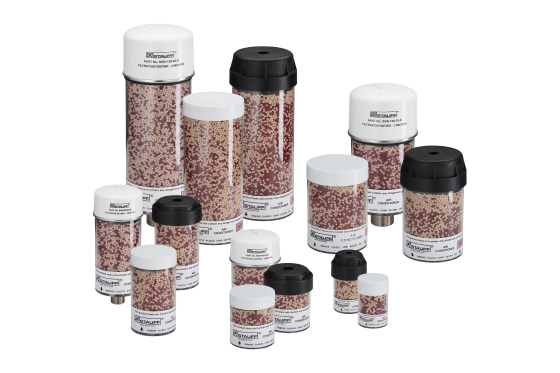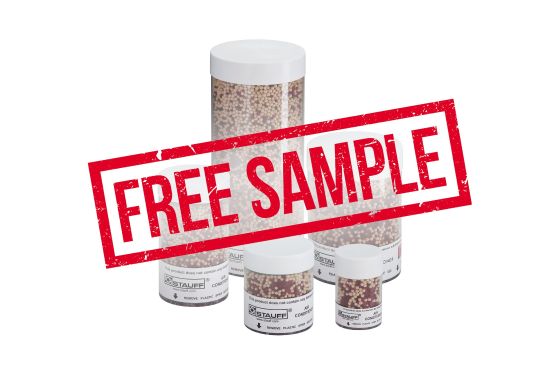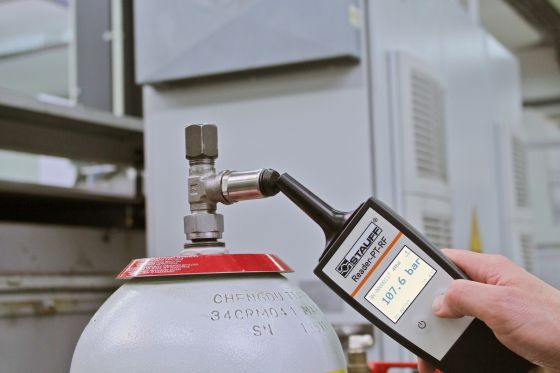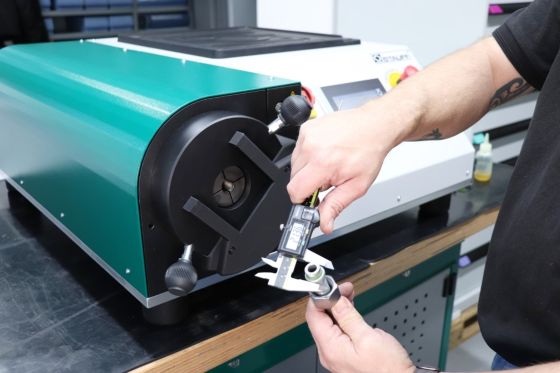How do I know when the desiccant material is saturated?
Episode 12 of the STAUFF Miniseries "Is Your Hydraulic System Breathing Properly?"
It is the combination of molecular sieve and silica gel that makes the desiccant in STAUFF silica breathers so effective. The red silica gel beads also indicate when the desiccant material is saturated:
Did you know: You can turn on subtitles by clicking the CC button at the bottom of the video.
Watch this and all other episodes of this STAUFF Minseries on Youtube instead.
How long does a silica breather last?
This question is really about the service life of the desiccant that can be replaced in the SDB and SDBL series in a few simple steps. The actual assemblies are designed with housings made of robust, UV-resistant polycarbonate for high strains in stationary and mobile hydraulic systems. In the SDB series, an internal stainless steel tube provides resistance to even the most extreme conditions. Only in the simplest (single use) version of the STAUFF silica breathers, the SVDB series, the entire assembly has to be replaced when the desiccant is saturated.
From dark red to light orange
Both desiccants are easy to see and differentiate in the transparent housings of the STAUFF silica breathers: the beige beads of the molecular sieve (75 %) and the dark red silica gel beads (25 %). The more moisture the red silica gel beads absorb, the more their dark red colour fades to orange. A sticker at the lower edge of the silica breather shows both colours. This makes it easy to clearly identify the orange colour that appears when the desiccant is saturated and has to be replaced.
The combination of the two desiccants guarantees that the water adsorption is ensured over the entire range of relative humidity. Molecular sieve can bind humidity levels between 5 and approx. 40 %. The silica gel is “responsible” for higher humidity levels.
This mixture in the corresponding quantity is included in the maintenance kit from the STAUFF hydraulic accessories range. In addition to the desiccant, it contains all spare parts required for servicing the breather. Replacing the desiccant should always be accompanied by a service for the whole breather, including replacing the filter discs and the corresponding air filter element.
Do you already use silica breathers in hydraulic systems?
Then share your experiences and leave a comment below this post.

Newsletter Subscription
Receive automatic e-mail notifications about new posts on the STAUFF Blog

